The night Cinderella died
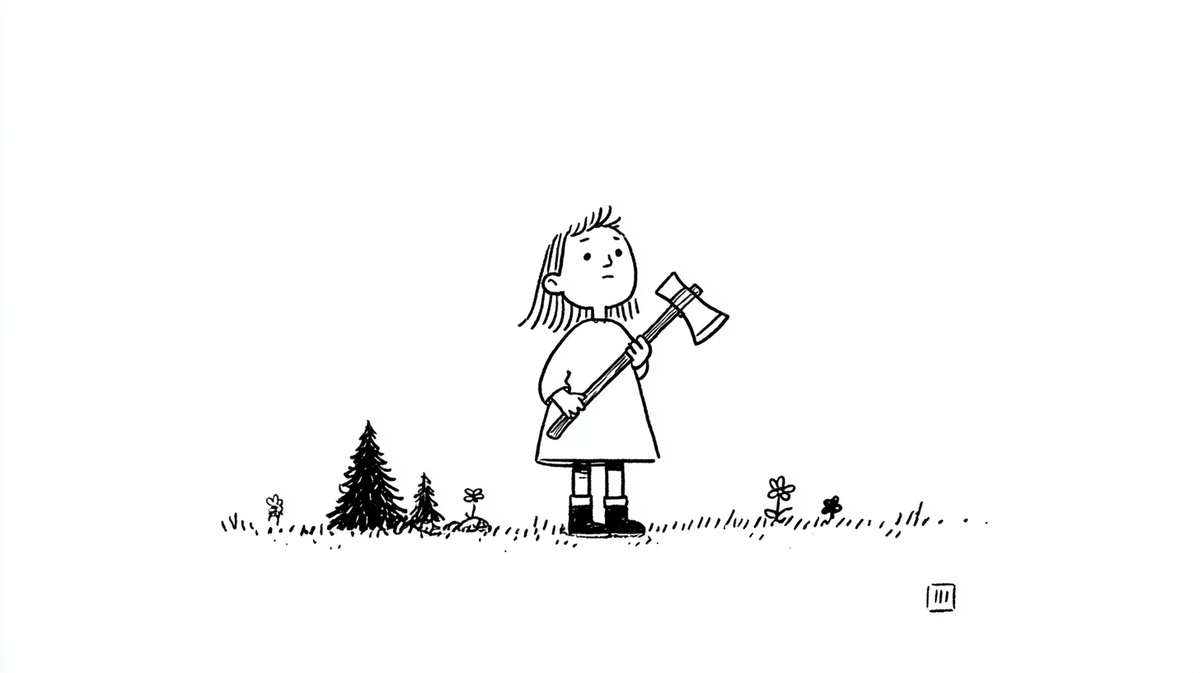
Ten years ago I was throwing knives, and things didn’t go as expected.
While the sharp steel rotated above my head, I quickly grabbed a glass to catch an off-guard wasp disturbing my performance. As the glass entrapped the wasp and the knives split lemons for cocktails just an inch away from my fingers, I received an applause from an audience of exactly two. In my mind dozens were watching. I was not an experienced juggler. I was just drunk, as you often are at three in the morning of your friend’s wedding.
That same night my girlfriend and I fucked like animals on the floor of our room. Unbeknownst to me, she was encouraged by a line too many and revenge against my high school crush sleeping next door. She was loud. She had a mission to accomplish.
The breakfast talk next morning wasn’t about the newlyweds, but about the loud sex “someone” had last night. Hungover me and my girlfriend chuckled over all the attention.
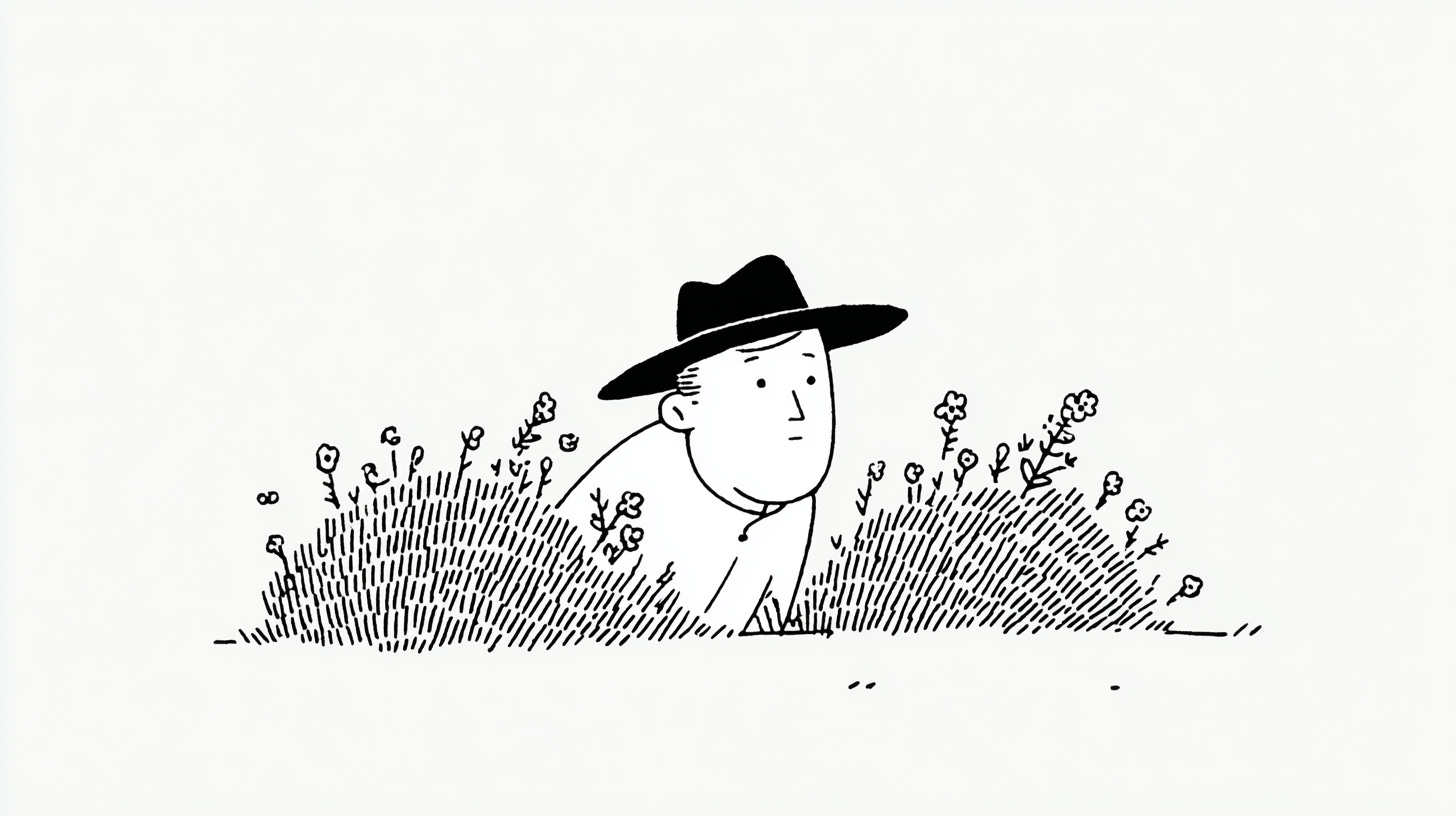
Looking back, I always thought I was the main character of that night. I wasn’t. While I was the center of attention at one point, it was the mysterious stranger who stirred up the talk. Not only that, “the stranger” also accomplished her mission.
“Main character” terminology recently resurfaced as the inexperienced teens and twenty-somethings searched for validation in the post-covid reality. Main characters were supposed to be the center of the story, who control their own narrative. Seen by all, validated by many. That’s wrong.
Main characters are narcissists who pursue their goal at any cost in search of self-validation.
Main characters don’t seek attention or try to influence the story. The story happens to and around them. Attention is the byproduct of their existence. True heroes and villains get and want no attention at all.
So looking for validation by presenting your story to the world, with a loud and obnoxious voice, doesn’t make you a main character. It’s a way to be seen, but it is not a way to validate yourself.
Relying on someone else to validate your existence is a hallmark of a supporting character.
Even after Cinderella charms Prince Charming, she puts on her dirty apron and returns to cleaning her stepfamily’s house. She falls back into her oppressed existence, waiting for the prince to come and rescue her. Cinderella might just as well be dead after that night.
Supporting characters are validated by working towards the main character’s mission.
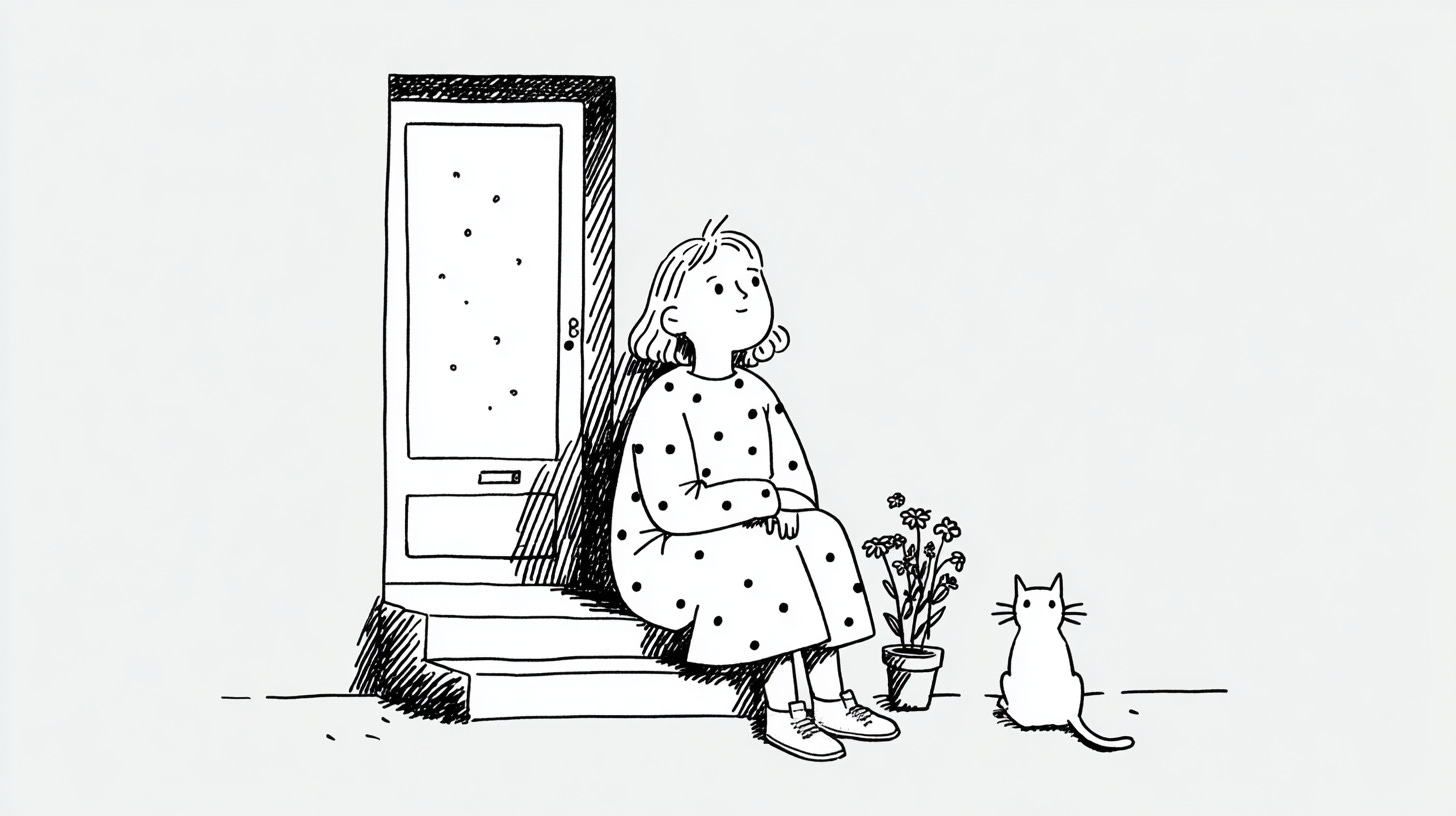
The majority of people are Cinderella. Waiting for a stroke of luck, a magical godmother or rich uncle. Lottery ticket enhanced by the stars and numerology. In the meantime, following the rules and accepting things at face value.
I know this because I have been guilty of the same. Working hard, but progressing little. Seeing the luck of those in my environment and asking when it will be my turn. It wasn’t until I started breaking the rules, that made me more memorable, seductive and attention-grabbing.
This was me turning into a main character. Me turning, by my own definition, narcissistic. And that’s great because being self absorbed comes with a cool superpower called imagination.
While we all make shit up, narcissists are bosses of their own fantasy world. They inhabit the same physical reality as the rest of us, but actively reject the rules in favor of their own perspective on how things should be.
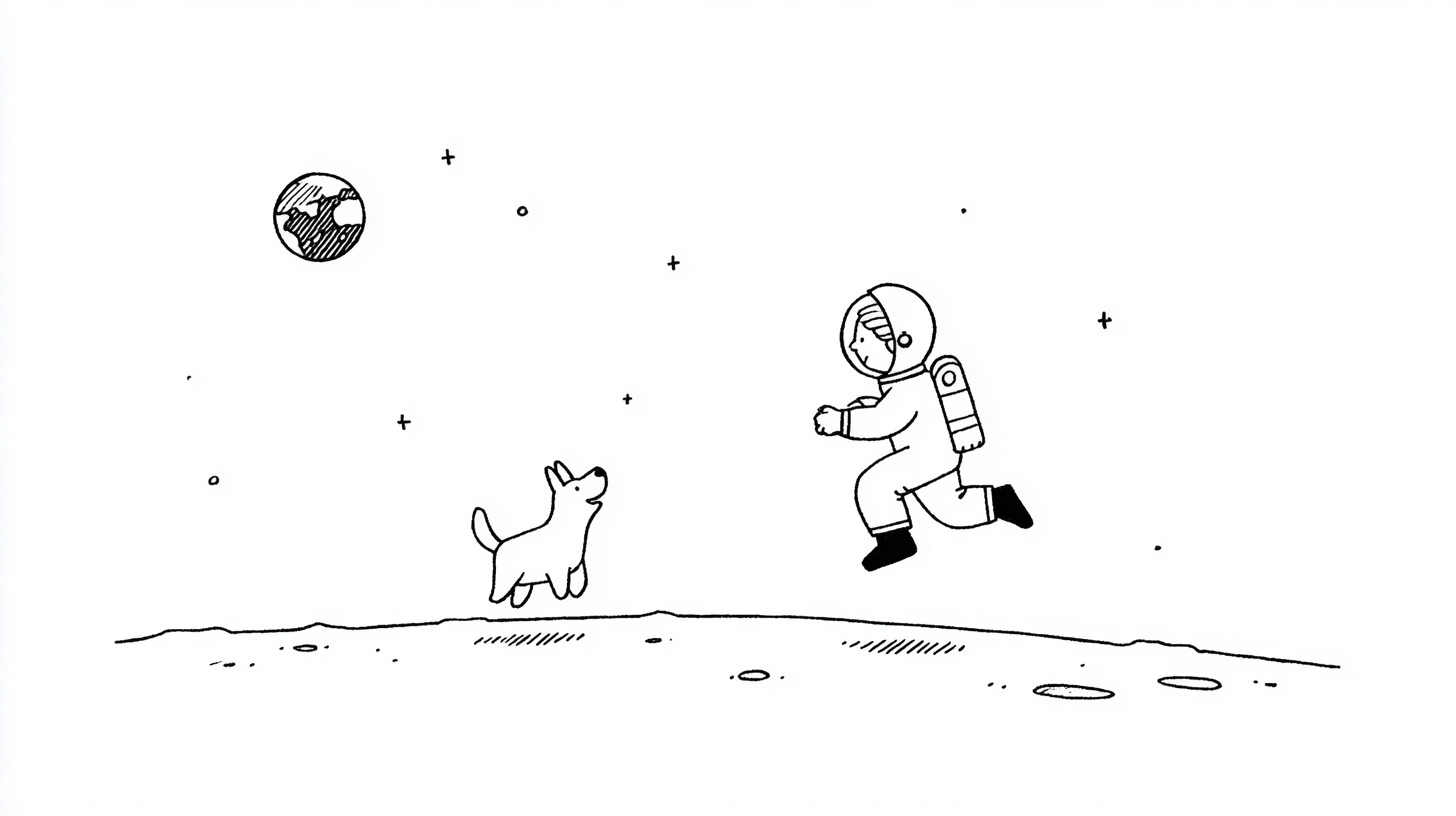
Imagination gave people fire, shelter, weapons, and predictable food sources. Fantasies turned ordinary stories to legends. Stars, idols and inexplicable occurrences were made holy.
When we invented lying, oh boy… Innocent white lies kept our kids from bothering us with silly questions and protected relationships from crumbling apart.
Fantasy is what constitutes the very idea of a future. What am I going to do later tonight or in fifty years? Let me just imagine that and then maybe go do it.
I think we need a lot more imagination today.
We need people with new perspectives, unhinged opinions, and a vision of what a version of the world should look like. Creative minds unbothered by the criticism, because the only opinion they will listen to is their own.
We need a lot more main characters.
Fiction writers and artists who are unapologetic about what they produce. Who have integrity and do not sway from their own ideals, because of petty things such as money or fame. Founders who believe in value driven business just as much as chasing profits. Powerful gatekeepers who connect the people using their legacy wealth and unfair access. Inventors who will devote their lives to an invention that won't arrive until the end of their lives.
“Being Adult 101” is understanding everything in life is a tradeoff. The good doesn’t come without the bad.
Some of these characters will be charismatic, but exploitative. Others will be intelligent, but inconsiderate jerks. There will surely be a few villains as well. And yes all will be narcissists. Exciting art, demands riskier artists. Same with business. Same with the future.
Our challenge then is threading the thin line of delusional power fantasy.
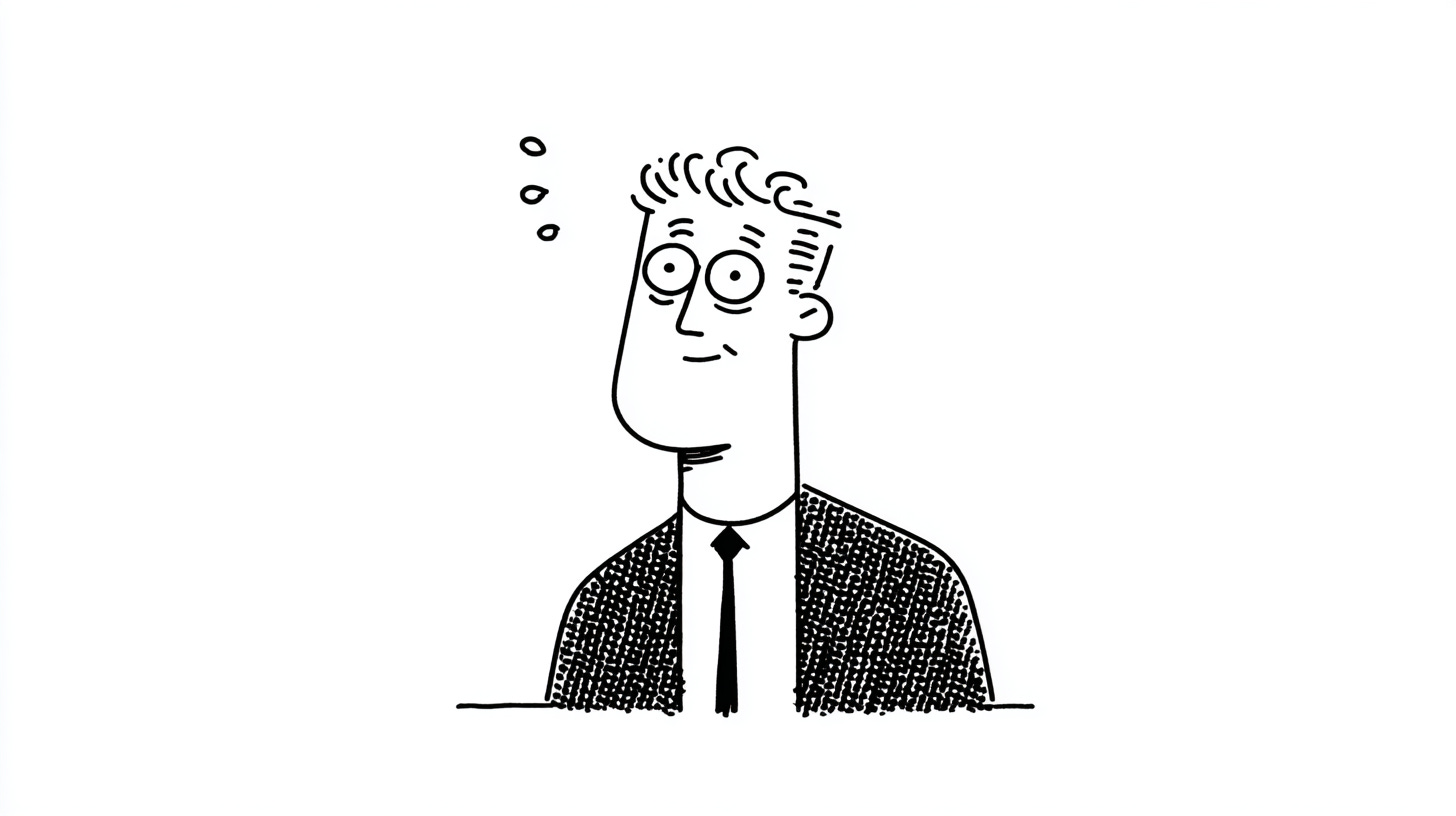
Absolutely killer power fantasies
American Psycho puts us inside the skin of Patrick Bateman, a wealthy finance nepobaby. Unlike Cinderella, Bateman ignores reality to embellish his own importance, trusting the rest of the world will follow along. The story presents justice, love, and compassion as traits to be traded in for power over reality. When the trade doesn’t happen the main character is only saved by his delusion.
The thing with reality is that there are just as many as there are fantasies.
The reality the one percent lives in is very different from that of the ninety nine percent. The reality of a middle class American family is different from a family in India.
When there can be this many realities, who’s stopping you from creating one for yourself?
There is an idea of a Patrick Bateman; some kind of abstraction. But there is no real me: only an entity, something illusory. And though I can hide my cold gaze, and you can shake my hand and feel flesh gripping yours and maybe you can even sense our lifestyles are probably comparable... I simply am not there.
During his meticulous morning routine at the start of the story, Bateman peels off his skin. This is the literal rebirth of his new identity. Today it’s Patrick Bateman, at the end of the day it’s the same body, but someone else.
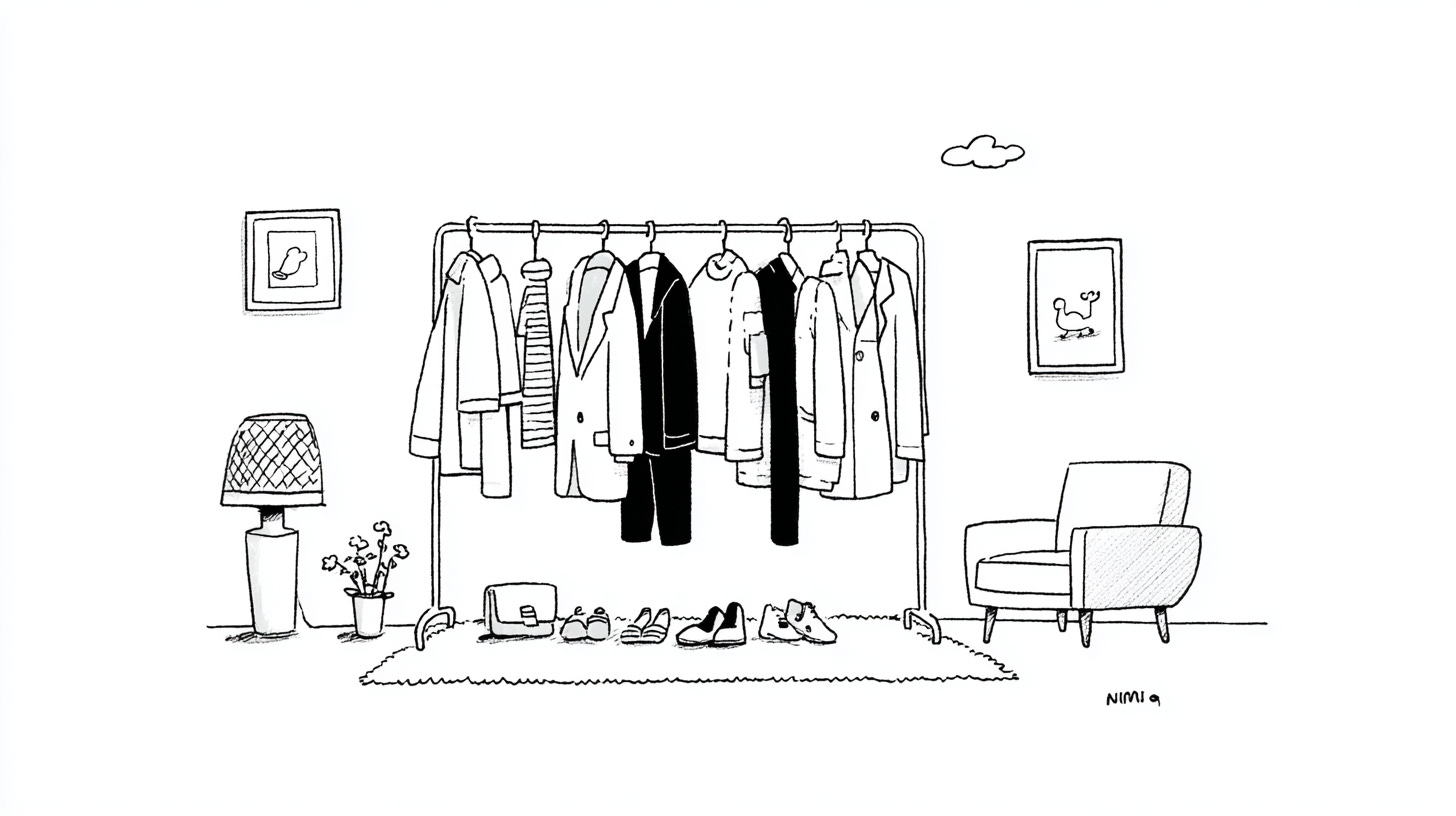
The concept of reskinning is native to the digitally native generations who grew up as avatars in video games, internet, and social media. Those who have mastered the conartistry of creating and shedding identities. It represents temporary, easy to replace relationships. It’s the moment you ask someone how they are doing, as they continue to zombie scroll through the infinity feed. In digital, or reality, they are “simply not there.”
Millennials, but mainly Gen Z, had their real identity exploited, opportunities stolen, and were indebted from education and property ownership. What’s left were the performative interchangeable identities used to prostitute, kill, or slave towards a dream that has long been broken.
The American Dream has always been the absolute power fantasy.
The USA affects the reality of the ninety-nine percent, while comprising just four percent of the global population. The country where yelling “America, fuck yeah” is both a joke, and a warcry asserted a global military, technological and cultural dominance. Yet America’s most important export remains hyper-individualism.
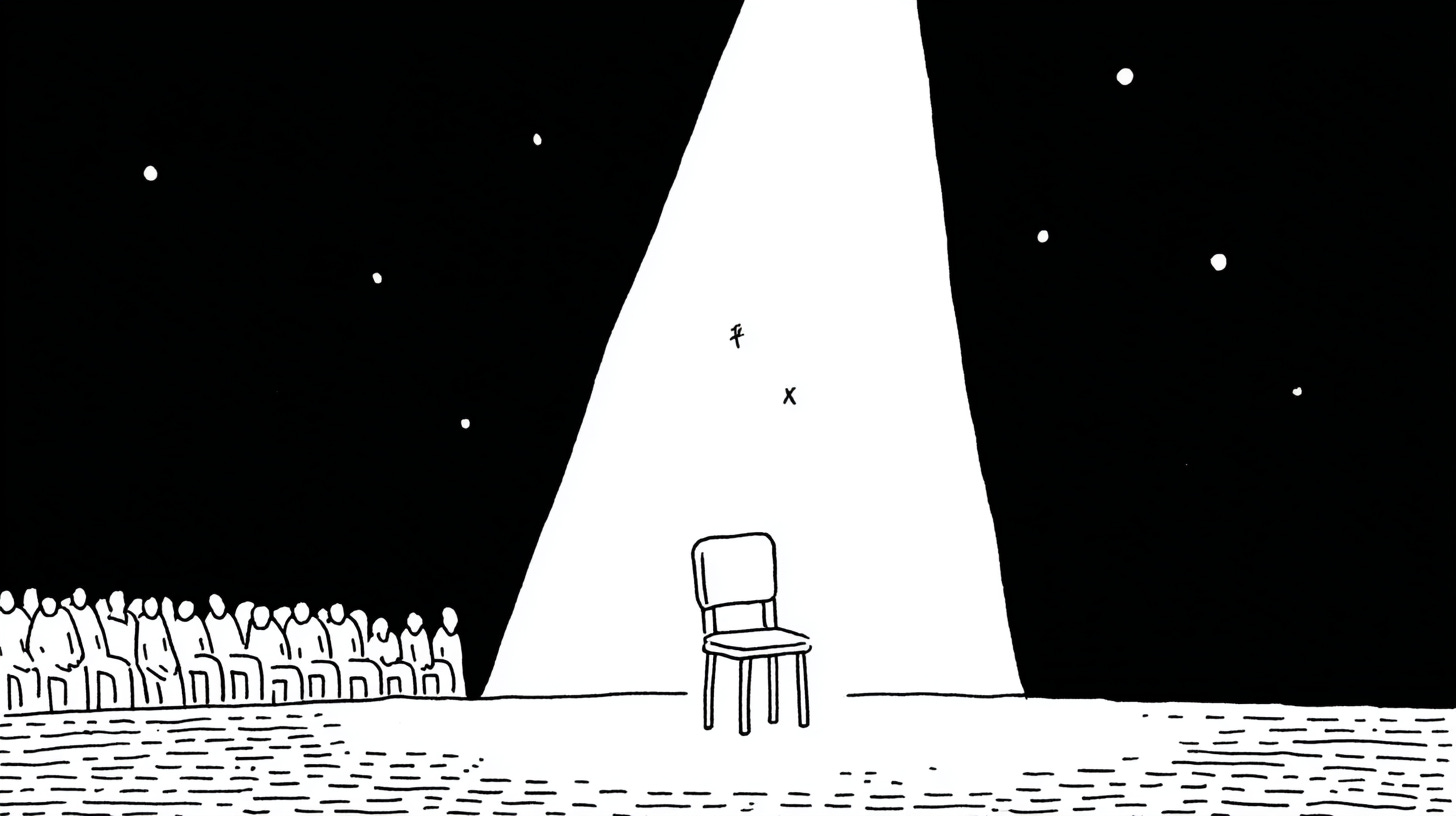
The issue of hyper-individualism is that it trades for a shared community. The Dream breaks people apart with picketed fences, highways and access to capital. The less access you have, the tighter you stick to a group. The more money, the more you rely on yourself and find a way back to (white) lying and delusion.
In this delusional, copy-paste-reset world America craves and supports Patrick Bateman. Uncompromising, money loving, hip to be square narcissist, driven by self-righteousness, self-promotion, self-anything. He’s a parody of status. He’s dramatic and fun to watch. Unavoidable.
What am I asking for, when I say I want more main characters?
The loud status driven culture has enough Batemans and there’s far too many passive Cinderellas. Somewhere in between the two extremes is a spectrum of beautiful, creative and curious souls. People who I’m going to be looking for in the next chapter of What Did You Say series.
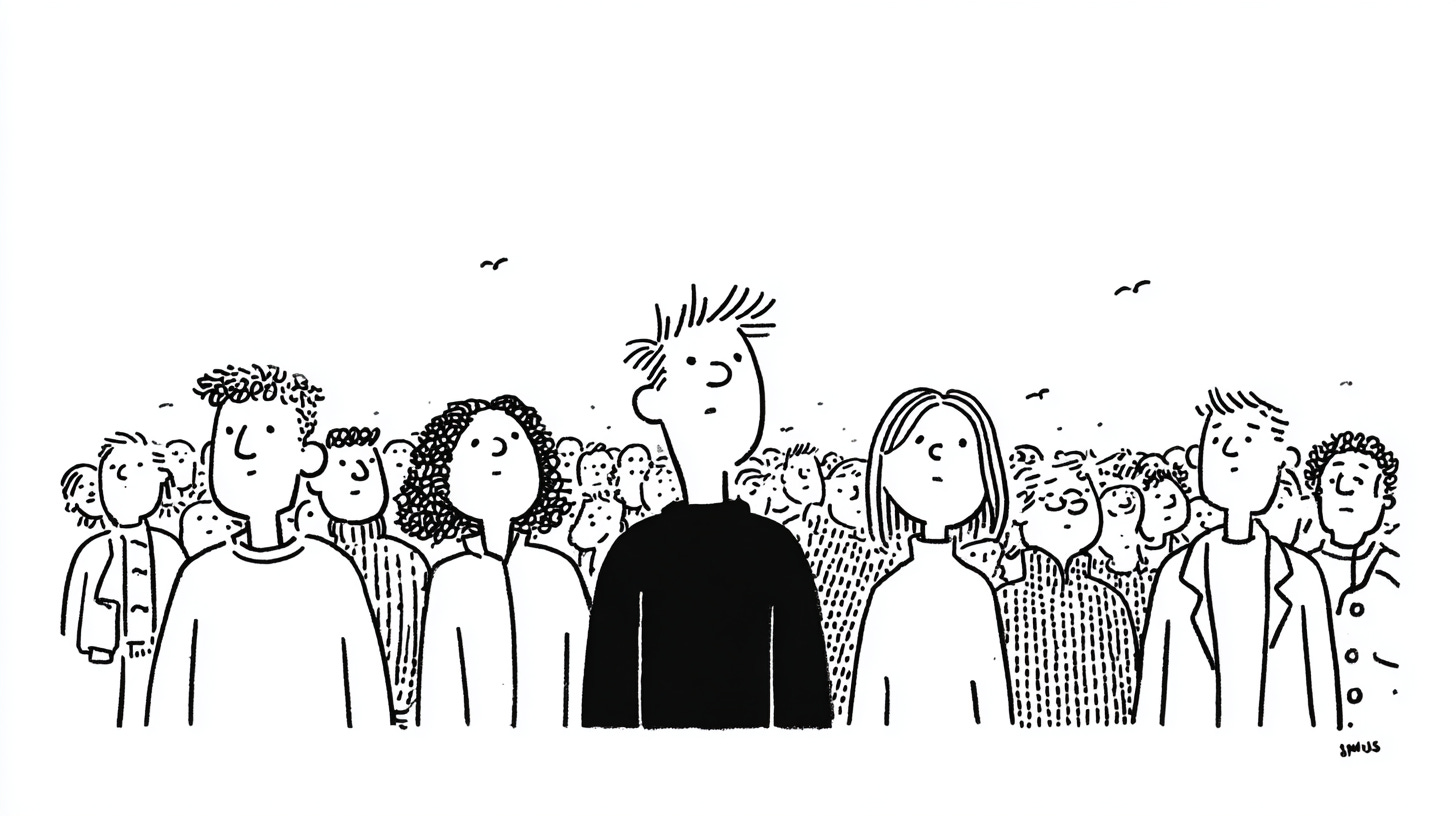
What Did You Say?
A series about dreams, defiance, narcissism, identity, and assholes. But really a look at how different people preferring different technologies can coexist.
Summary
Preamble: Why should you care about attention
Chapter 1: Sex, music, alcohol, and defiance
Chapter 2: Promise
→ Chapter 3: The night Cinderella died
Chapter 4: How to be a narcissist without being an asshole
Chapter 5: Being everywhere all at once